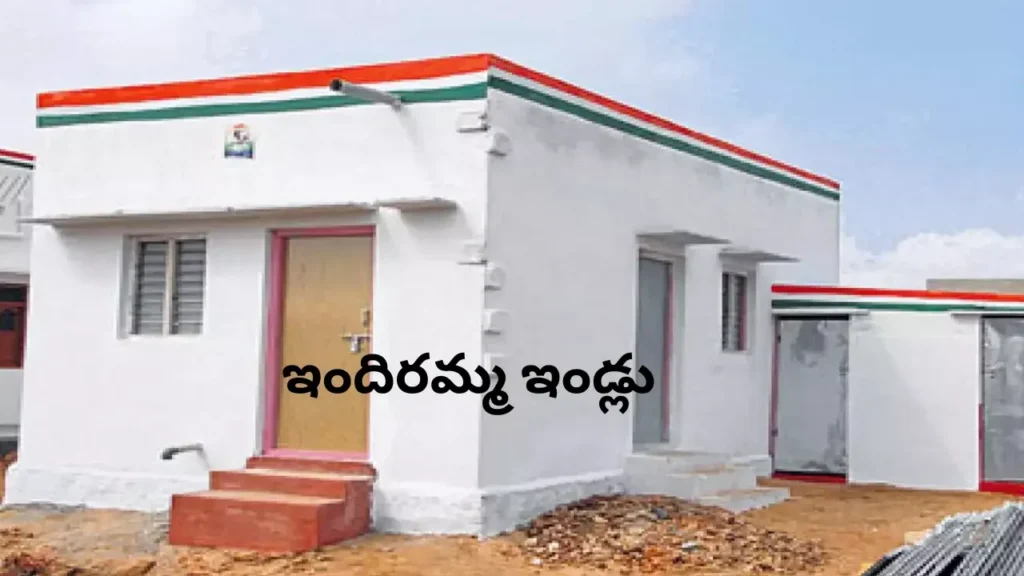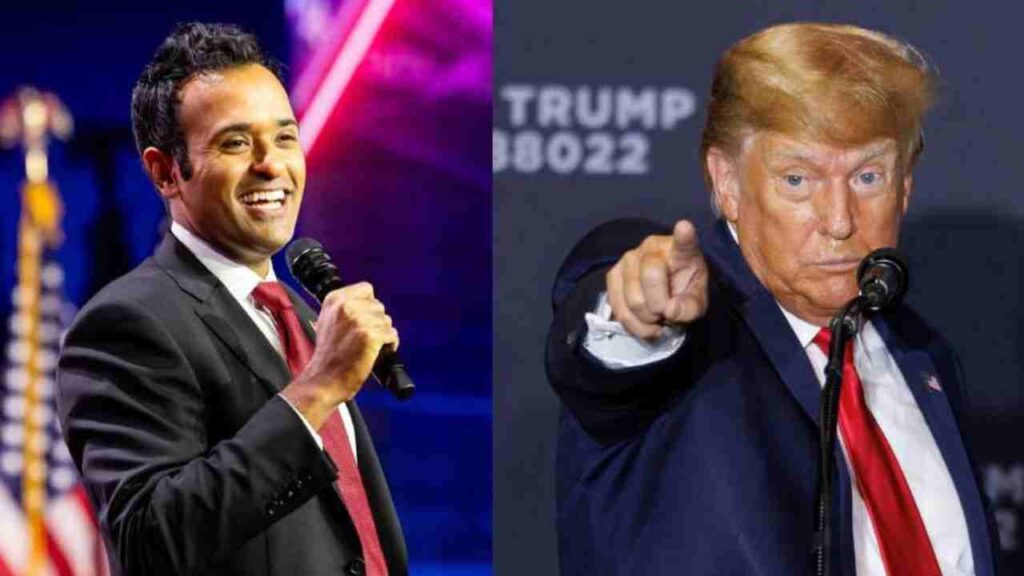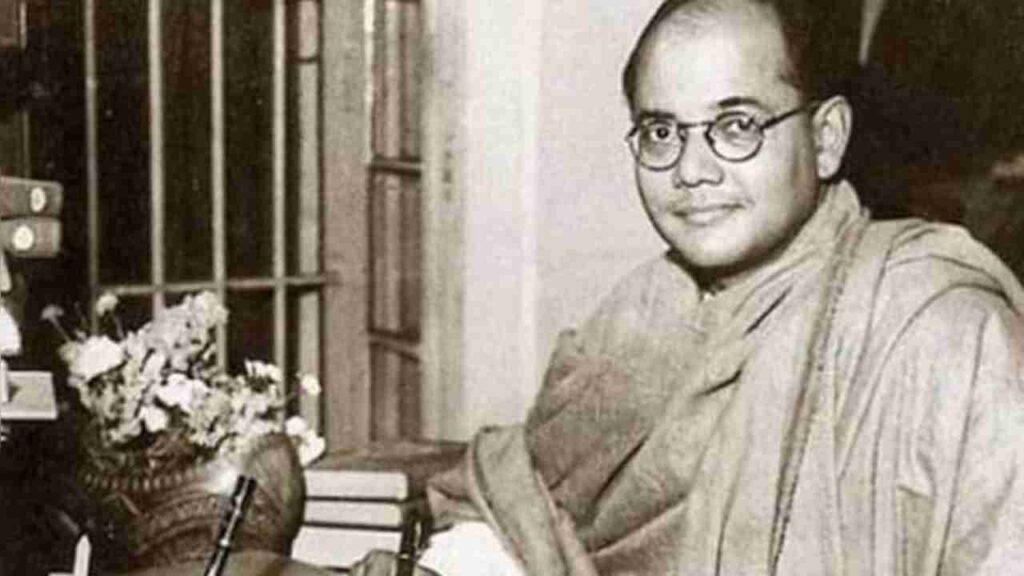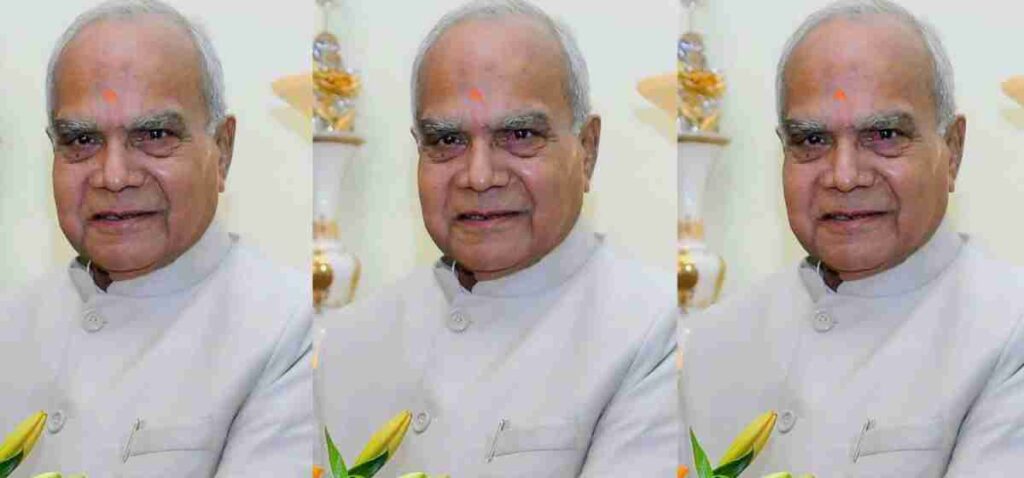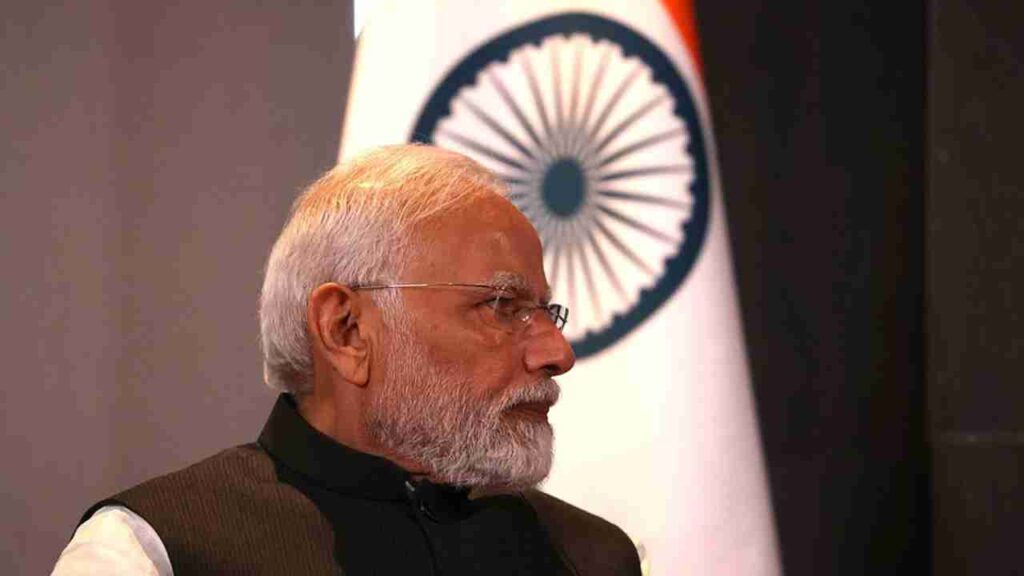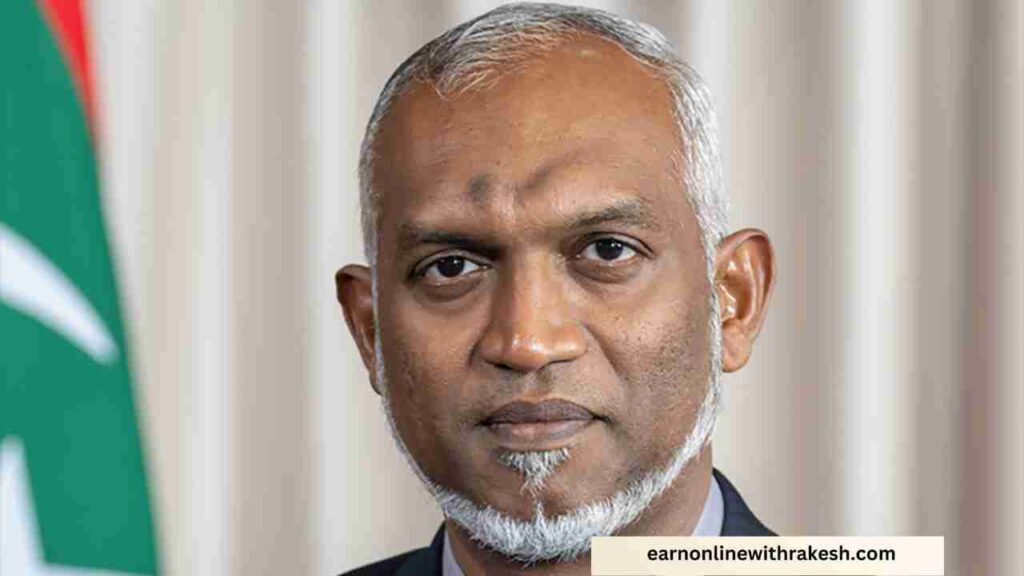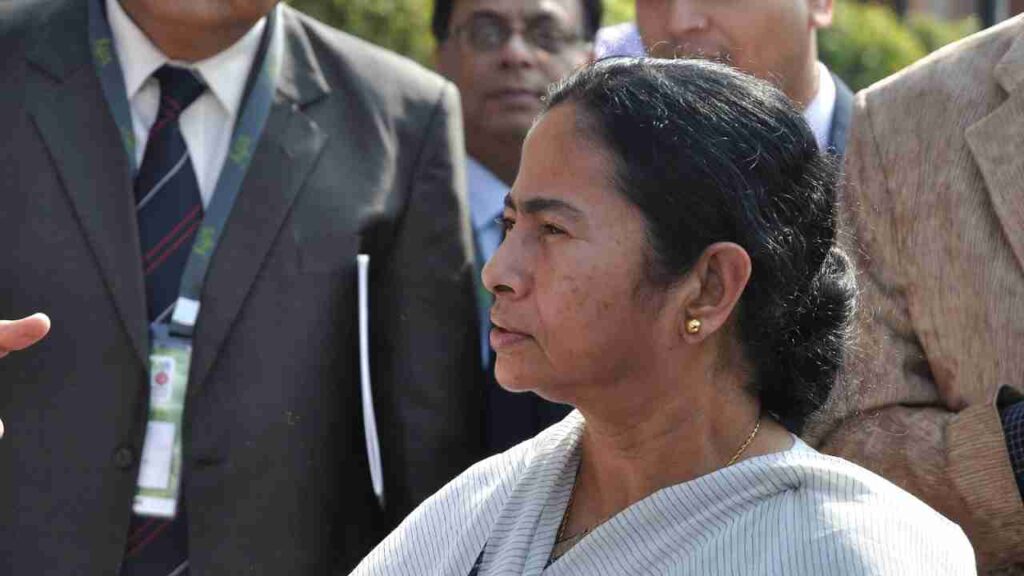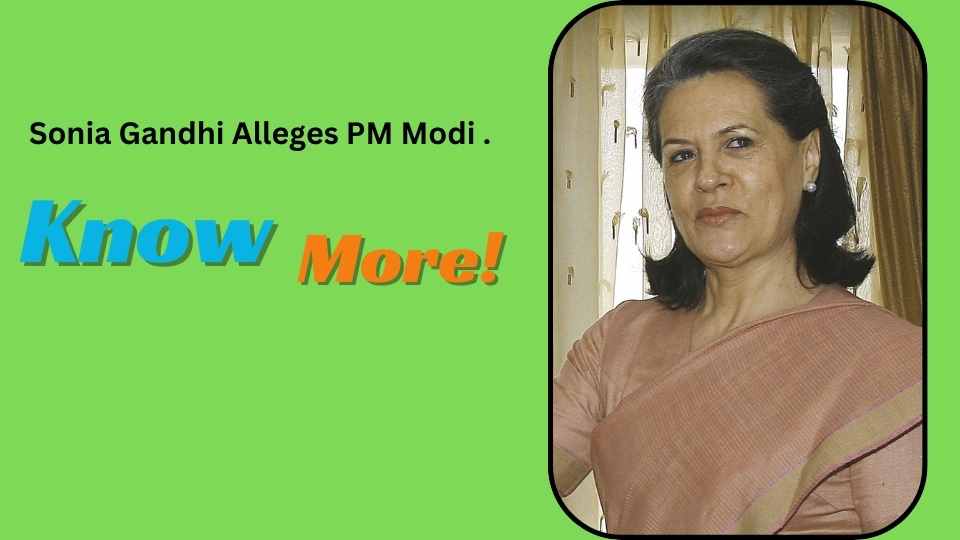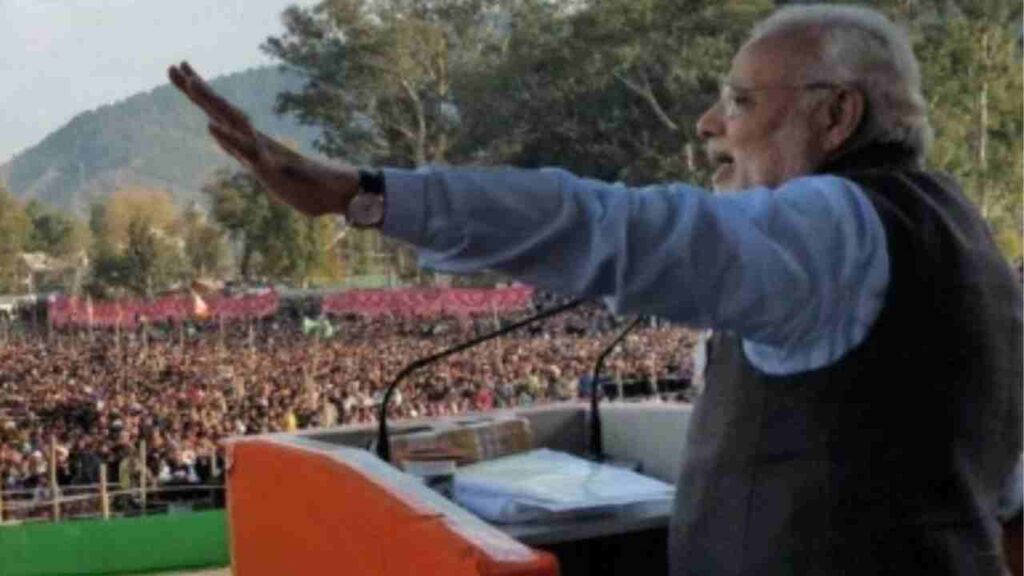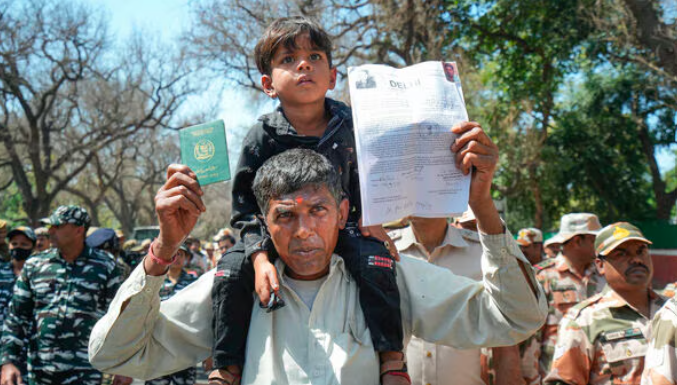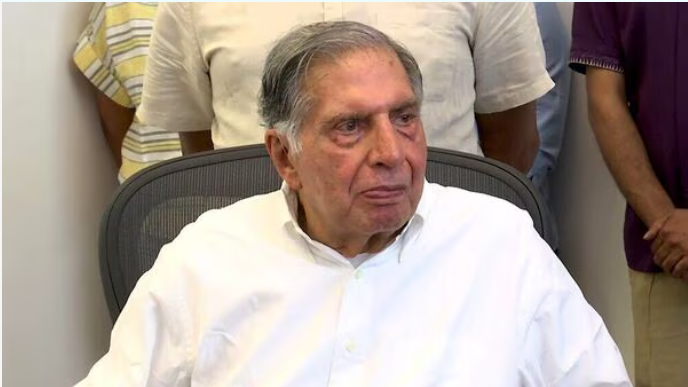Unraveling Diplomatic Tensions in the Maldives : Navigating Shifting Alliances and Opposition Concerns
Unraveling Diplomatic Tensions in the Maldives :The Maldives, a picturesque archipelago nestled in the Indian Ocean, has recently become the focal point of diplomatic tensions, prompting scrutiny of its foreign policy decisions and political realignments. This article will provide an in-depth exploration of the dynamic political landscape in the Maldives, dissecting the government’s recent choices, the concerns raised by opposition parties, and the potential repercussions on the nation’s stability and international relations.
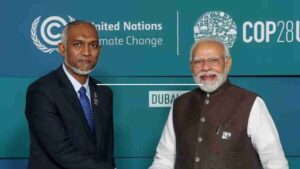
The Anti-India Pivot: A Diplomatic Row Unfolds
A pivotal moment in the unfolding narrative is the perceived ‘anti-India’ pivot by President Mohamed Muizzu’s government. This shift in foreign policy has not gone unnoticed, with both the Maldivian Democratic Party (MDP) and The Democrats expressing grave concerns. President Muizzu’s decision to prioritize a visit to China over India, deviating from the established diplomatic tradition, has ignited tensions and set the stage for a significant diplomatic row.
The Opposition’s Perspective
The MDP and The Democrats, prominent opposition parties in the Maldives, have been vocal about their reservations regarding the government’s foreign policy trajectory. In a joint statement, they underscored the paramount importance of maintaining positive relationships with all development partners, emphasizing India as the Maldives’ most long-standing ally. The opposition parties argue that any perceived ‘anti-India’ stance could potentially jeopardize the country’s long-term development prospects.
Collaborative Opposition: A Unifying Front
A surprising turn of events has seen the opposition parties setting aside their historical differences to collaborate on governance-related issues. This unprecedented unity, especially between the MDP and The Democrats, holds significant implications. With a combined total of 55 seats in the 87-member house, their joint efforts present a formidable opposition front, united against the government’s policies and decisions.
SEE ALSO : Exploring Lakshadweep Islands
Concerns Beyond Foreign Policy
While foreign policy takes center stage, the opposition’s concerns extend beyond international relations. Transparency and governance emerge as critical focal points, with opposition MPs highlighting a lack of clarity in the state’s financial status. Furthermore, the opacity surrounding Memorandums of Understanding (MOUs) and Agreements signed by the government, particularly with foreign entities, adds to the list of concerns. Although the joint statement refrains from naming specific countries, the call for transparency raises pertinent questions about the nature of these international engagements.
Media Freedom and Censorship
In addition to foreign policy and governance, the opposition voices its discontent with the government’s alleged attempts to censor the media and restrict the freedom of the press. Criticizing the Mohamed Muizzu administration for what they perceive as interference with the fourth estate, the opposition parties bring attention to broader issues surrounding democratic values and freedom of expression within the Maldives.
Implications for Stability and Security
The unfolding political developments and diplomatic tensions in the Maldives have broader implications for the stability and security of the region. The opposition’s plea for a balanced approach in foreign relations, coupled with the government’s perceived ‘anti-India’ stance, raises critical questions about the geopolitical dynamics in the Indian Ocean. The joint statement underscores the interconnectedness of the Maldives’ well-being with the broader international landscape, emphasizing the importance of stability and security in the region.
International Response and Speculations
As the diplomatic row continues to unravel, international observers and neighboring countries are closely monitoring the developments in the Maldives. The absence of specificity in the joint statement concerning the countries involved in the MOUs and Agreements adds an element of intrigue. This ambiguity fuels speculations about the nations at the center of the controversy and heightens interest in the international response. The reactions of key stakeholders will likely shape future alliances and collaborations in the region.
Conclusion
In conclusion, the recent diplomatic tensions in the Maldives have exposed a complex interplay of concerns, ranging from foreign policy decisions to issues of transparency and media freedom. The unexpected collaboration between opposition parties signifies a unified front against the government’s policies, challenging the status quo. The implications of these developments on the stability and security of the Maldives, as well as the broader Indian Ocean region, are yet to unfold completely. As the situation continues to evolve, it is imperative to closely monitor the responses of key stakeholders and assess the potential long-term consequences for the Maldives’ political and diplomatic future. The intricate dance of alliances and the delicate balance between internal governance and international relations will undoubtedly shape the destiny of this idyllic island nation.
ALSO READ : Ditch the Maldives for India’s Best-Kept Beach Secrets

